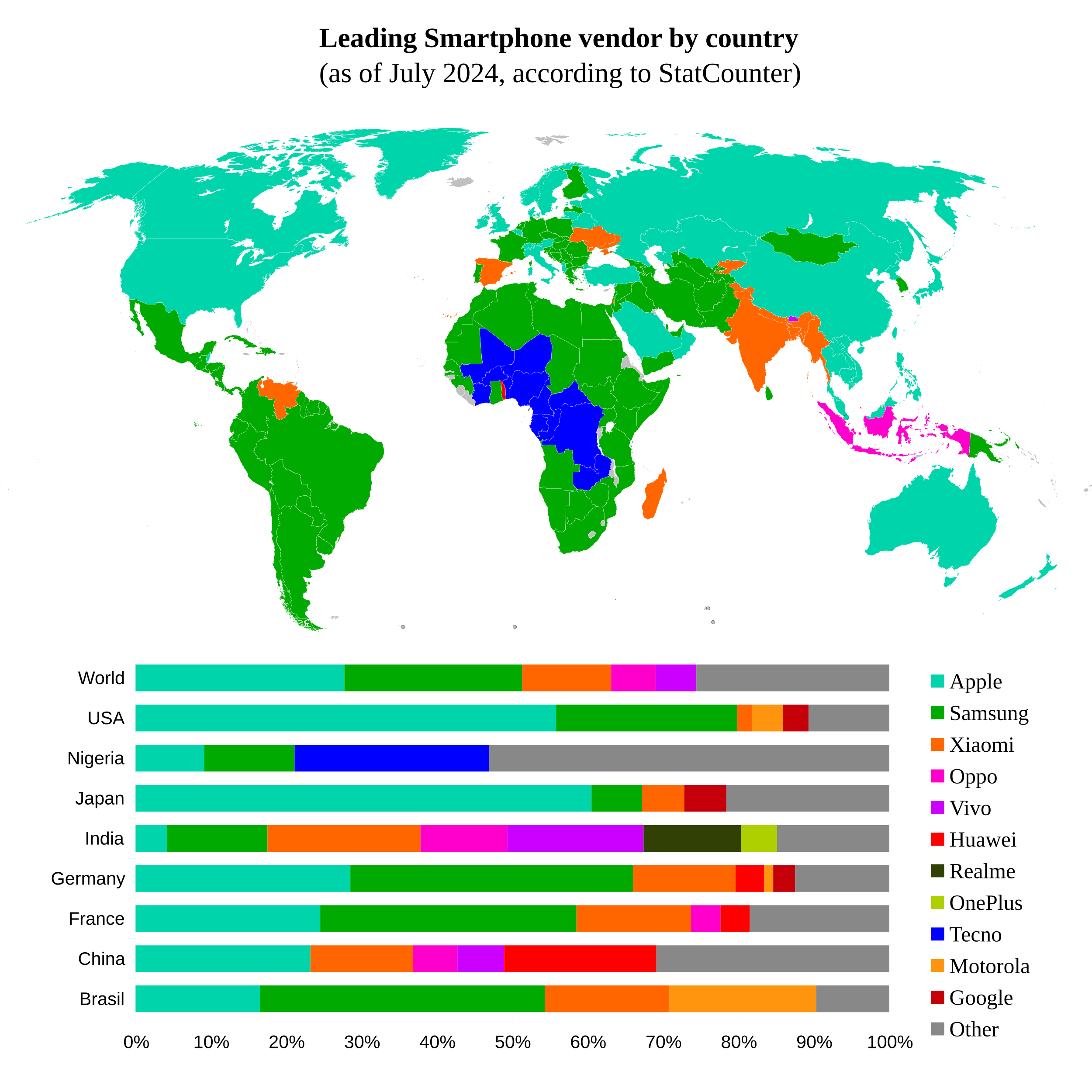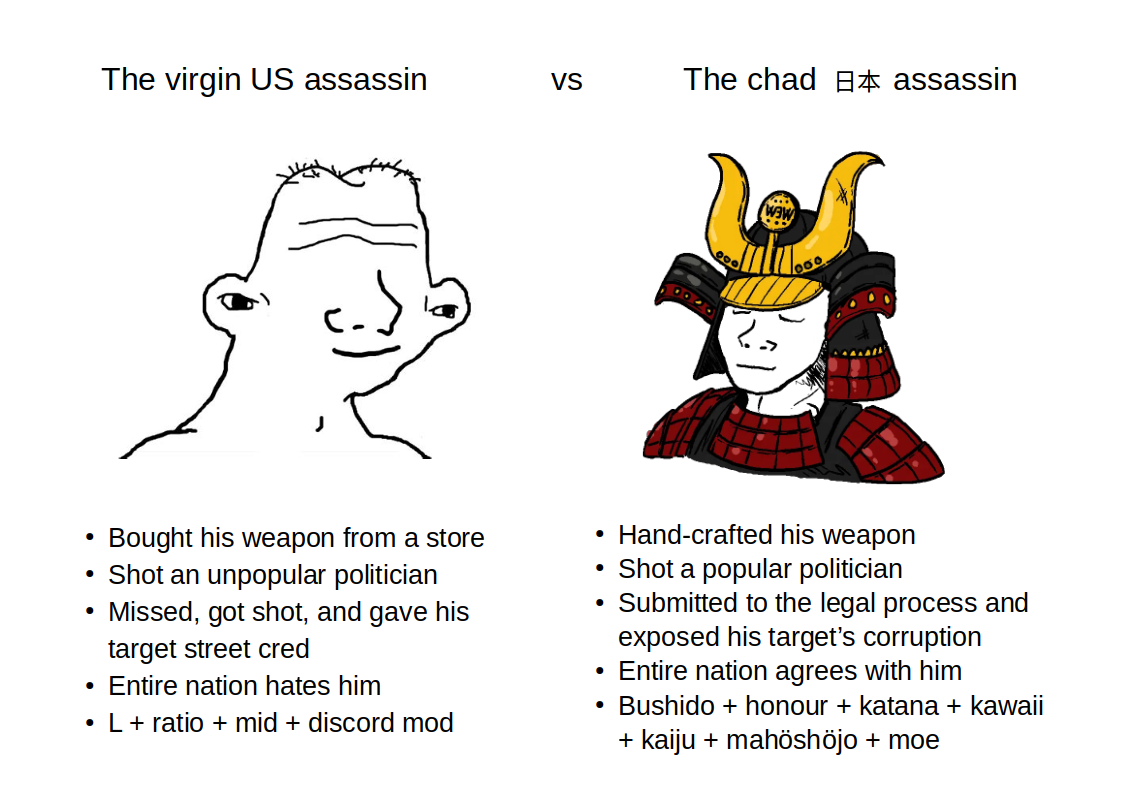electric cars release more CO2e than fossil-fuel cars
India's grid was about 37% renewable in 2020. I'm seeing estimates of 46% renewable as of now, but those aren't official. So that conclusion is very unlikely. What is possible is that EV subsidies might be encouraging people to buy electric cars instead of petrol bikes, which could increase emissions.
If this is true, would it also be true for coal-to-electricity trains vs more straight fossil-fueled trains?
No, because diesel locomotives are actually diesel-electric - the diesel power is used to generate electricity, which then turns the wheels. So electric locos are simply replacing the very heavy, noisy and dirty diesel engine with a stationary power plant that can be located somewhere remote, much more efficient and does not need to be dragged along with the train. (They are also faster and more powerful, which is probably the bigger reason for electrification.)




The 'north-east' or 'seven sisters' - they are poorer, culturally distinct, and politically ignored. Also the terrain is hilly and forested.